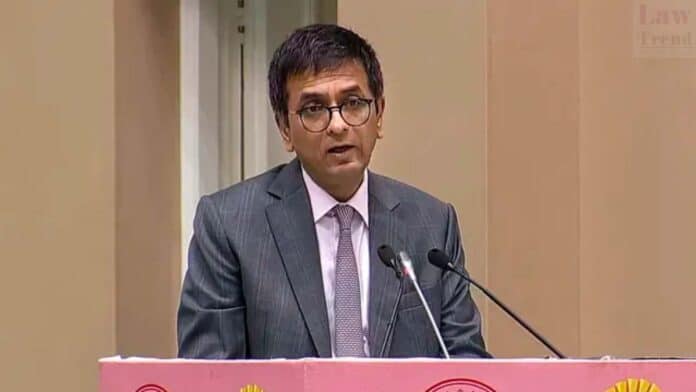At the “Fireside Chat” event following the inauguration of “Vidhi Utsav 2025, The Festival of Law, Legal Literature and Luminaries,” former Chief Justice of India D.Y. Chandrachud emphasized the importance of resolving judicial disputes internally rather than airing them publicly. The event, organized by Oakbridge Publishing, provided a platform for Justice Chandrachud to share his insights on the functioning of judicial institutions.
Responding to questions, Justice Chandrachud highlighted that effective judicial functioning relies on a well-defined procedure that ensures certainty, objectivity, and transparency. This includes the preparation of the judge’s roster and adherence to established practice directions. He noted, “If an individual judge has a quibble about a decision, the correct approach is to discuss it with the chief justice rather than turning it into a public dialogue.”*
The former CJI pointed out the necessity for uniformity in judicial processes, especially given the varying procedural modalities that could exist across numerous benches. “If a particular high court has many benches, having different procedural rules would lead to chaos,” he explained. The role of the chief justice as the ‘master of the roster,’ though a contentious topic, was defended by Justice Chandrachud as crucial for maintaining this needed uniformity.
Justice Chandrachud also addressed the issue of changes within the judiciary, stressing that reforms should be institutional rather than individual-centric. He remarked, “Changes should be institutionalized to avoid disruptions when there is a shift in leadership. Establishing robust institutions and processes is as important as the decisions made within them.”




